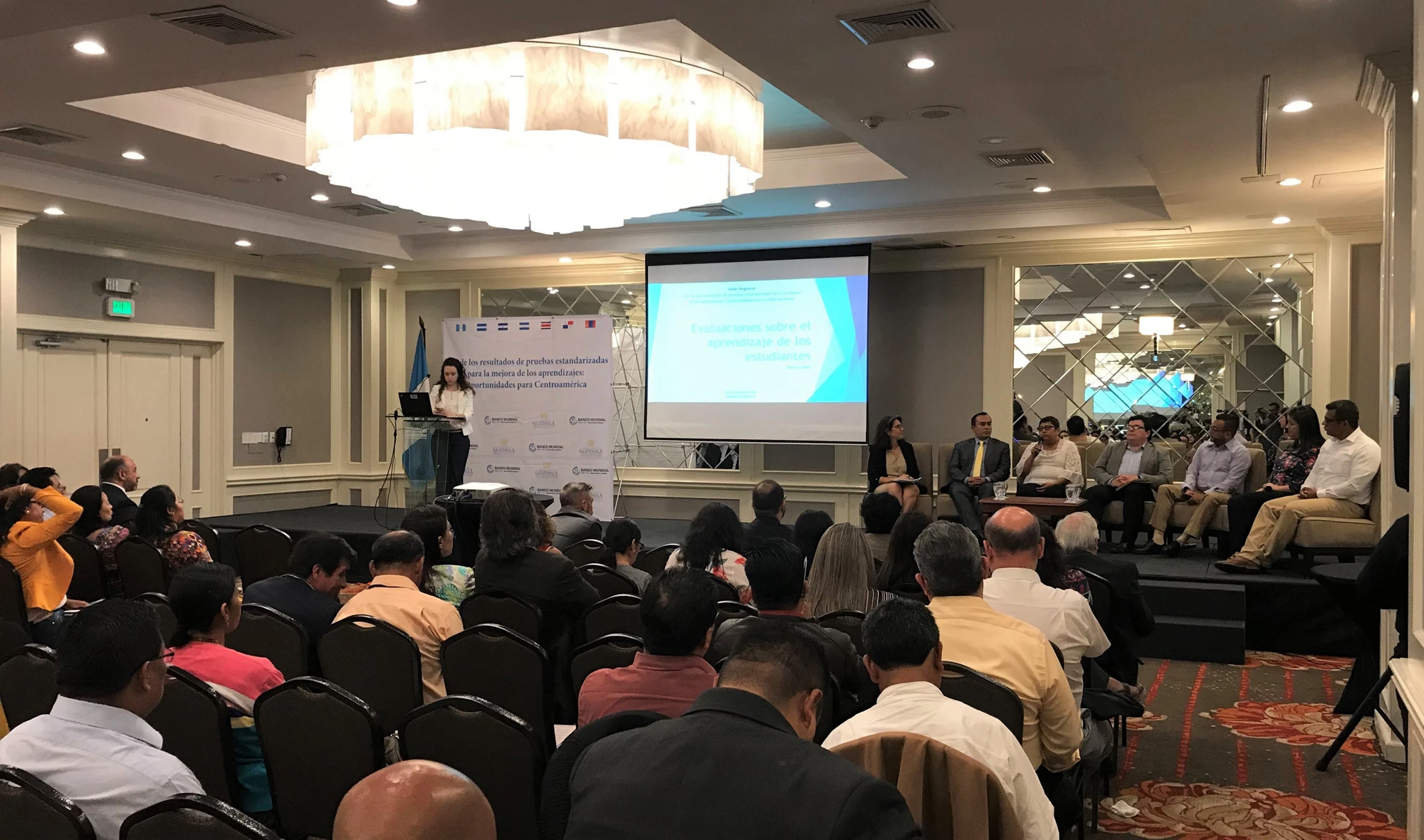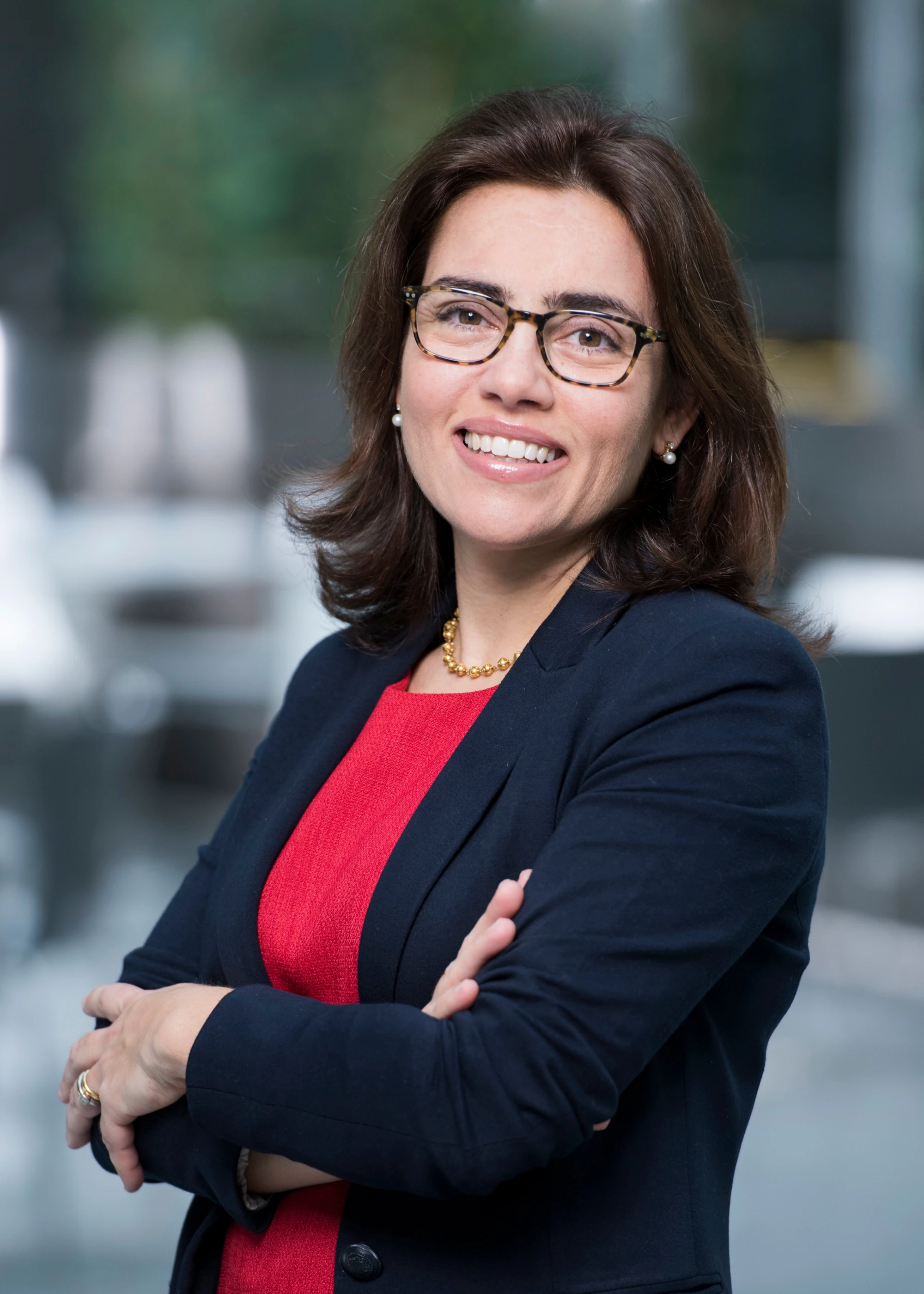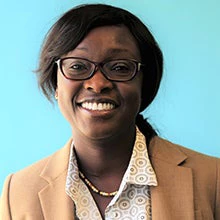 Escuela en Ciudad Sandino, Nicaragua. Foto Jorge Antonio Bastino/Banco Mundial
Escuela en Ciudad Sandino, Nicaragua. Foto Jorge Antonio Bastino/Banco Mundial
Have you ever been driving but have no idea where you are or how you will arrive to your destination? It’s frustrating! Fortunately, technology now allows us to have cellphones with a GPS to tell us where we are and how to reach our destination. Something similar is now occurring with education systems.
Often, we operate seemingly by rote, without knowing where we are or having a clear idea of how to reach the desired destination. In this case, our destination is for all children to acquire basic skills such as reading and math so that they can become happy, productive adults.
One tool that gives us a better idea of how education systems perform is learning assessments, also known as standardized tests. The results of student testing can potentially be used like a GPS system. In mid-July in Guatemala City, the Ministry of Education of Guatemala and the World Bank organized a workshop to share international experiences and challenges in Central American countries with respect to improving learning assessment systems.
When we talk about growth and social development in Central America, we are striving for productivity and innovation in conditions of equal opportunity . But these aspirations seem largely unattainable when we see that children of the region are not learning what they should in school.
At the World Bank, we set out to quantify the loss of productivity that these delays in acquiring basic skills imply. The results are troubling: Today’s Central American youth will reach just 50 or 60 percent of their potential productivity. These figures are concerning to all of us who are committed to sustainable development in the region. We are obsessed with trying to do something about this problem.
What can be done?
The good news is that it is possible to significantly improve learning outcomes. Countries such as South Korea, Vietnam and Peru have done so in a relatively short time. Their success is partly due to focusing on better identifying how students’ learning outcomes change. In those countries, a system to assess learning has been a pillar for measuring these changes.
With support from the World Bank’s READ Trust Fund Program, representatives of all ministries of Education of Central America, regional and international specialists and civil society representatives met to discuss the future of learning assessment systems in the region.
The objective? Sharing initiatives of the different countries and ensuring that all education systems have a good GPS in place to guarantee that all children learn. At the workshop we learned, for example, about how Costa Rica and Guatemala implement annual certification testing of basic education and El Salvador’s Productive and Citizen Skills Assessments. The following ideas and proposals for action resulted from the event:
- All of the countries are committed to assessing learning. Participants shared information on several national tests. There is a clear push to use international tests such as PISA or TERCE. In the future, these efforts should be more systematic and rigorous so that the changes in students’ learning outcomes can be analyzed over time.
- It is not enough simply to assess learning to know where we are. Moving from assessment to the dissemination of information and then to action is at least as or more important for guaranteeing that all children learn. Ensuring that testing results are available to all actors of the education system, including families, school principals and of course, teachers, is a key challenge all the countries face. Additionally, this information can and should be used to continually improve materials and teaching methods, establish targets and support more effective teacher training.
- Technology will be our best ally in this process. It will help us to improve the quality of measuring classroom learning, will accelerate the communication of results and will reduce the cost of applying the testing. For example, computer-assisted tests quickly produce results with fewer errors and at a lower cost for a large number of students.
At the World Bank, we are firmly committed to supporting Central America in its efforts to improve its human capital. The goal is for all children to achieve levels of learning that give them the skills they need to compete for jobs of the future.
The development of a modern system to assess school learning based on a diverse set of instruments and that provide information to actors of the system is central to this vision. With this, we will achieve increased transparency and responsibility of the education system, with better informed, more-involved families.
We will continue to promote the exchange of experiences between Central American countries and other nations around the world and to stress the importance of this issue together with civil society, universities, the private sector and all of our development partners. Join us!




Join the Conversation